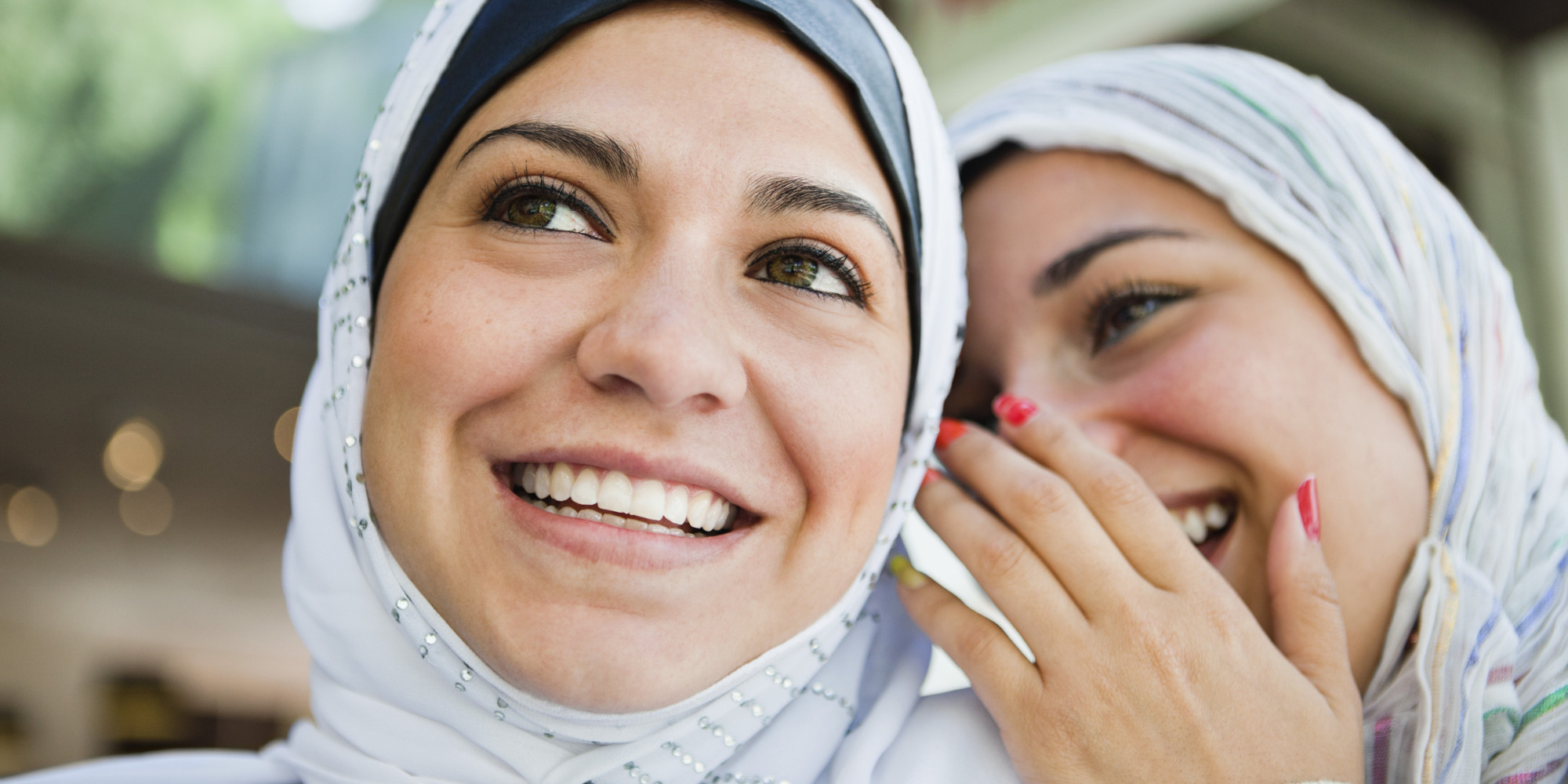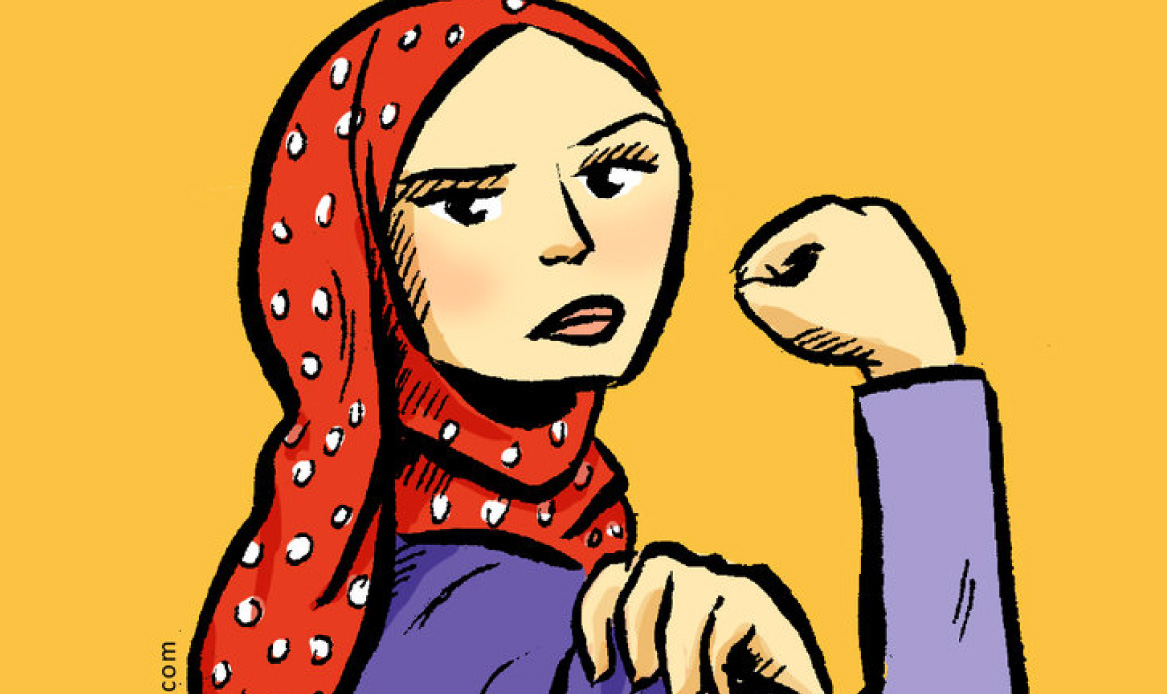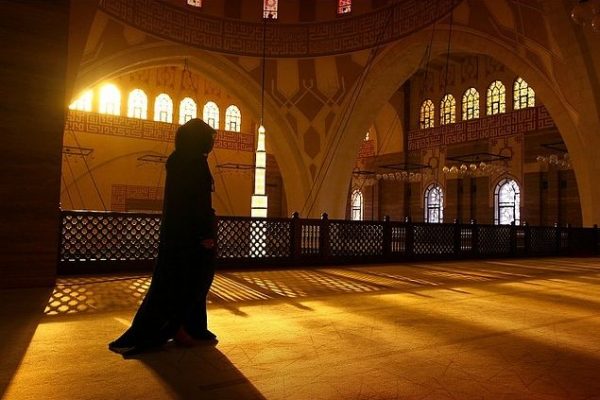Many people have called for a reform of Islam, but the truth is that Islam needs to be rediscovered, not changed.
Many people have called for a reform of Islam, but the truth is that Islam needs to be rediscovered, not changed.
“This woman, who is your beloved, is, in fact, a ray of His light,
She is not a mere creature. She is like a creator.” – Rumi
In recent years, due to the global socio-political climate, the phrase “Muslim woman” might conjure an image of a demure unempowered woman sheltered by her veil, yet this image is not what our history records nor what our present reflects. That being said, the landscape for women in Islam is changing. Muslim women are challenging the patriarchy that all women experience in society and challenging the objectification of women’s bodies in the media. In this regard, they stand with their sisters of all backgrounds.
In Islam, a woman is seen as an individual in her own right, an independent person, and not as a shadow or adjunct to her husband or any other man. Muslim women are fully entitled to an education, work, business ownership, and inheritance.
Islamic feminists insist that Islam, at its core, is progressive for women and supports equal opportunities for men and women alike. They are arguing for women’s rights within an Islamic discourse. Some of the leading proponents are actually men – distinguished scholars – who contend that Islam was radically egalitarian for its time and remains so in many of its texts. Islamic feminists claim that Islamic law evolved in ways inimical to women, not due to any inevitability, but because of selective interpretation by patriarchal leaders. Across the Muslim world, Islamic feminists are combing through centuries of Islamic jurisprudence as to highlight the more progressive aspects of their religion. They are seeking accommodation between a modern role for women and the Islamic values that more than a billion people in the world follow.

Muslim women’s traditional importance in Islamic society has always been and continues to be the foundation of the Islamic family. Social values strongly reinforce orientation towards marriage and children as the normative pattern based on Prophet Muhammad’s own example. Child rearing, early education, and socialization of children are among women’s most important tasks in Islamic societies worldwide. Although traditionally excluded from the public male domain, Muslim women have been privately involved in the study and oral transmission of Islamic source texts (Qur’an and hadith). In modern times, they have entered into both secular and religious forms of education with enthusiasm, supporting their long-standing role as family educators and moral exemplars as well as professionals in the workplace outside the home. It is worth noting one singular fact: from Muslim women’s pivotal roles in the Egyptian, Tunisian, Libyan, and other revolutions to leading American Muslim female voices in U.S. law, religion, medicine, academia and a myriad of professions, a number of contemporary Muslim women are the modern realization of the continuing legacy of strong Muslim female leadership. They may, in fact, include your colleague or neighbour. Indeed, it is past time for us to view Muslim women with new eyes – they are not necessarily the stereotyped victim, they can also be the heroic protagonist much like they were some 1500 years ago.
The Qur’an recognizes the childbearing and childrearing roles of women but does not present women as inferior to or unequal to men. On the contrary, central to Islamic belief is the importance and high value placed on education. From the true Islamic point of view, education should be freely and equally available to women as much as men.
Islam anticipates the demands of Western feminists by more than a thousand years. A stay-at-home wife can specify that she expects to receive a regular stipend, which is not that far from the goals of the Wages for Housework campaign of the 1970’s. A Muslim woman cannot be forced to enter into marriage without her agreement; indeed she has the right to revoke a marriage to which she did not agree in the first place.

Few Muslim women outside the urban areas may want to behave like Western women. The sexually exploitative element remains high in the West, however strident the rhetoric of sexual equality. Perhaps this is best illustrated by the well-known cigarette ad depicting a woman smoking: ‘You’ve come a long way, baby.’ The message is clear: you too may now die of cancer through smoking. The high rate of divorce and sexual disease are common consequences of the reckless drive to equate the sexes and ‘free’ sexual relationships.
Western thinkers and practitioners must reconsider their assumptions about the role of Islam in women’s rights, and approach this topic with a more nuanced lens. They must understand the necessity of recognizing and consciously accepting the broad cultural differences between Western and non-Western conceptions of autonomy, as well as respecting social standards that reflect non-Western values. They should pay heed to what Michelle Obama once expressed to hijab-wearing students:
“You wonder if anyone ever sees beyond your headscarf to see who you really are, instead of being blinded by the fears and misperceptions in their own minds. And I know how painful and how frustrating all of that can be.”
Many people have called for a reform of Islam, but the truth is that Islam needs to be rediscovered, not changed. The deeper one goes into Islamic scholarship, the more the harsh images of Islamic law as a vehicle for stonings and amputations fade away and are replaced by a surprisingly sophisticated and progressive approach to faith that dates back to its earliest days. Muslims don’t need to throw out their religion and create something new, they need to reexamine the original scriptures and find the original meanings as the Prophet, a man of progressive vision, would have seen them, even if his earliest followers did not always see as far. Women are now elbowing their way into political society, civil society, and universities. The trajectory of the Muslim women’s movement gives hope that even in Muslim societies that present cultural and political obstacles, women are finding opportunities to rise up — and bring their societies up with them. The key is to do so within Islamic paradigms. We now have female politicians, journalists, entrepreneurs, and educators, urban and rural, who are making impressive inroads. Societies that educate and invest in women become richer, more stable, better governed and less prone to fanaticism, while those that limit women’s opportunities are poorer, more fragile, have higher levels of corruption and are more prone to extremism.
Islamic feminism faces strong resistance from the faith’s conservatives who want to preserve the male interpretation of Islam, but the movement’s roots in the Qur’an give it a better chance at changing attitudes than a transplanted women’s liberation movement from the West. In the end, the Qur’an may be an Islamic woman’s most direct route to equal rights.
While this is only just the beginning, it’s clear that feminism in Islam is finally having its moment.





